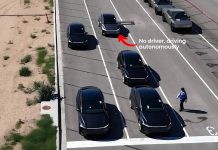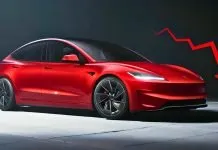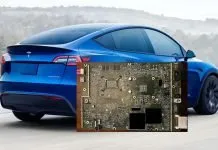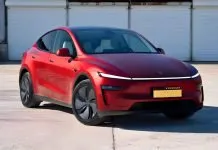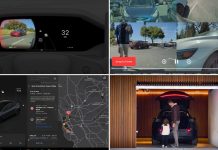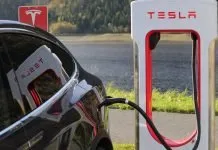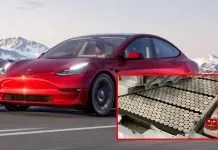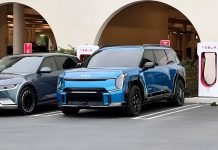Although the audience still expects the Roadster for $200,000, which Elon Musk introduced in 2017, two ex-employees of Tesla will take the limelight. Two men, Daniel Davey and Mark Tapscott, who were once associated with Tesla, have established a British company named Longbow, with plans to beat Tesla at its own game — deliver an electric sports car, similar to the Roadster, before Elon Musk brings it into the market.
First unveiled in October 2017 as the fastest production car currently in production, the next-generation Roadster’s production remains a mystery to this day.
That has opened a gap, and Davey and Tapscott — with Jenny Keisu, the ex-CEO of electrical boat producer X Shore — seize the opportunity as they founded Longbow in 2023 to present light and exciting sports cars with new distinctive design concepts to the market along with a leaner business model.
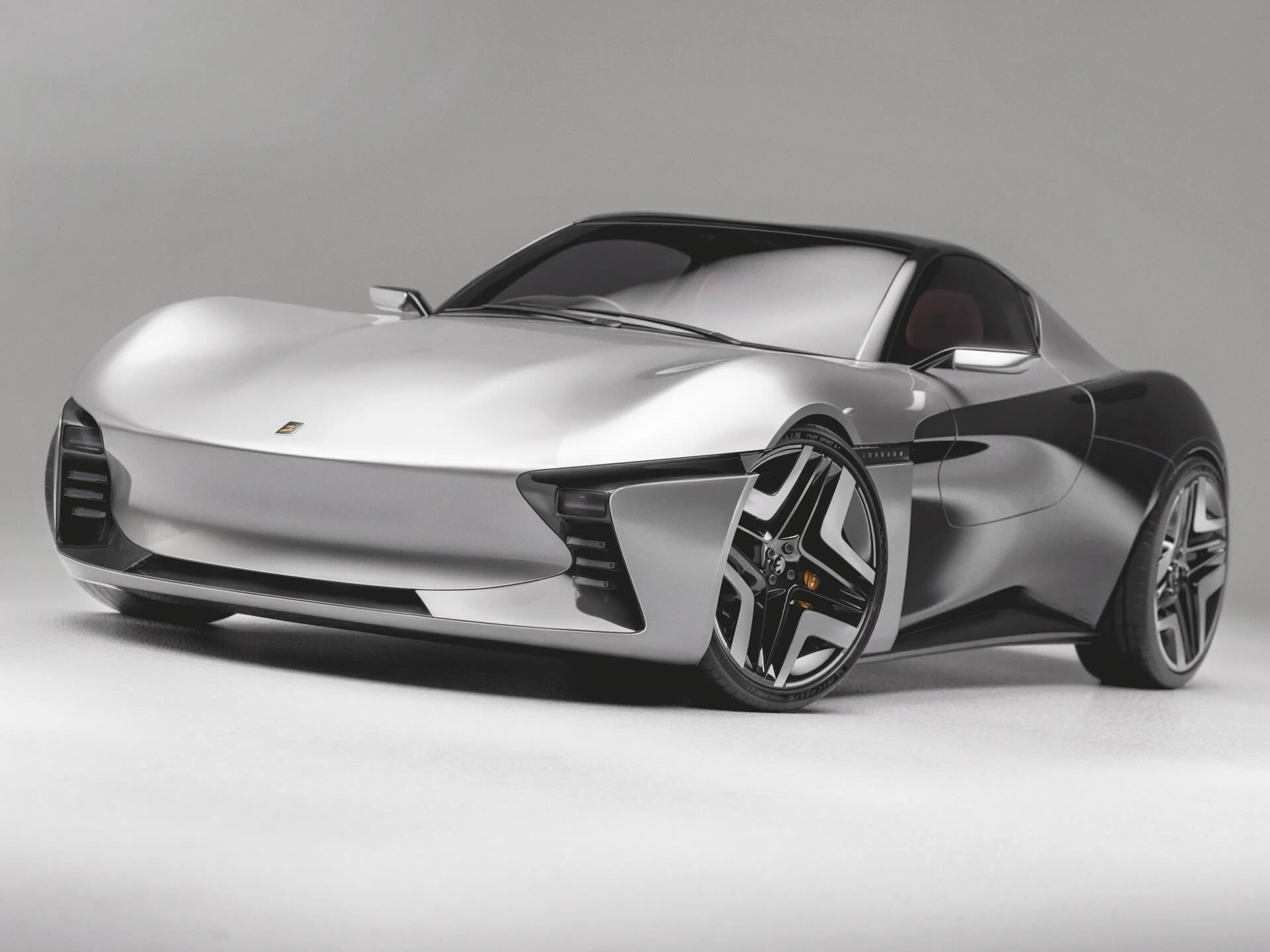
Longbow’s Speedster
The Speedster is Longbow’s first model, whose starting price is estimated at £84,995 ($112,000) for an open-top performance electric vehicle. The Speedster is currently set to be launched by 2026; it is viewed as a clear declaration of the newly formed company’s strategy. It will be succeeded by a similarly designated production model called the Roadster, which starts at £64,995 or $85,500 and is a straight-up rip-off or homage to Tesla’s still imaginary dream car.
“We will deliver a Roadster before Tesla delivers a Roadster. And ours will be lighter and cooler,” said Davey, taking a direct swipe at his former employer.
Both Davey and Tapscott were part of Tesla’s early growth strategy in Europe through the 2010s, being a part of initial model car releases, such as the Roadster and Model S, at a time when electric vehicles were not as popular. He returned to Tesla in 2018 to work on Model 3 sedans in Europe when things were even worse. “Elon was sleeping on the sofa,” workers were overburdened, Davey said.
Longbow’s Plans to Beat Tesla
However, the new Longbow founders, who have multiple years of experience with Tesla and other electric competitors such as Lucid, Hyundai, and BYD, have planned a new strategy. Unlike most electric vehicle makers that assemble several components within their chain, like Tesla and Rivian, Longbow is planning on relying on outsourcing for most of its parts in a bid to prevent being captured in what it calls the “valley of death,” which is the fate that befalls most of the many electric car makers in their efforts to scale.
Their design concept, known as “speed of lightness,” refers to performant lightweight vehicles rather than large, battery-powered vehicles.
“We don’t have to build a billion-dollar factory just to get a single motor,” Tapscott said, arguing that the maturing EV supply chain makes their approach not just possible, but advantageous.
Longbow has also expressed its desire to operate domestically for most of its operations, finding parts from the UK. Yet both founders state that quality and cheaper components from China, such as batteries, will play a part.
“We really want to lean into and support the local supply chain,” said Davey, “but we will leverage Chinese tech where it makes sense.”
Still, Longbow went into an already slowing electric vehicle market, where several first movers have faltered or failed; however, the company thinks that it has a fair shot due to its target market: a profitable, largely untapped specialty.
“It’s a scandal that no one else is focusing on this segment,” Davey said. “It’s the best place to be building cars. You have the best margins, and there is no competition.”
While they have not publicized the reservation numbers yet, the representatives of the company mention that the response to the Speedster as well as the Roadster has been ‘encouraging.’ And with Tesla still yet to deliver its own Roadster, Longbow might well steal a march on the man himself, Elon Musk; it would be faster, lighter, and delivered on time.
As Davey put it: “At some point, the disruptors become the disrupted.”

